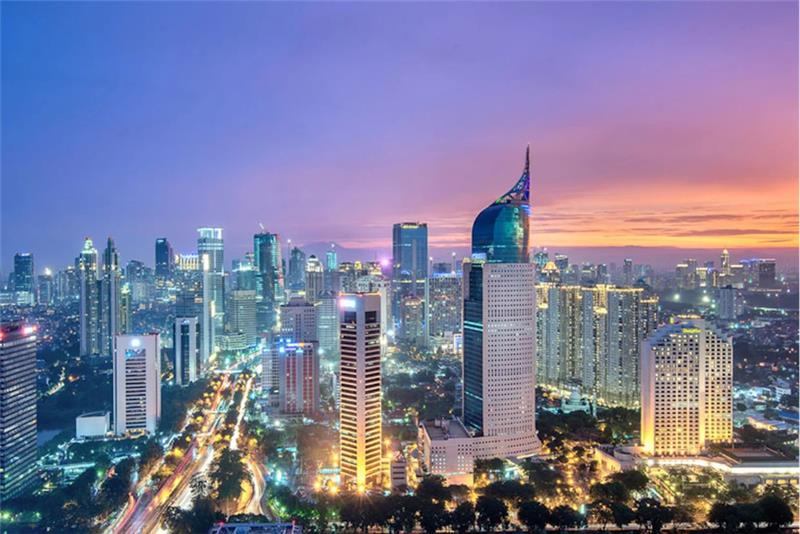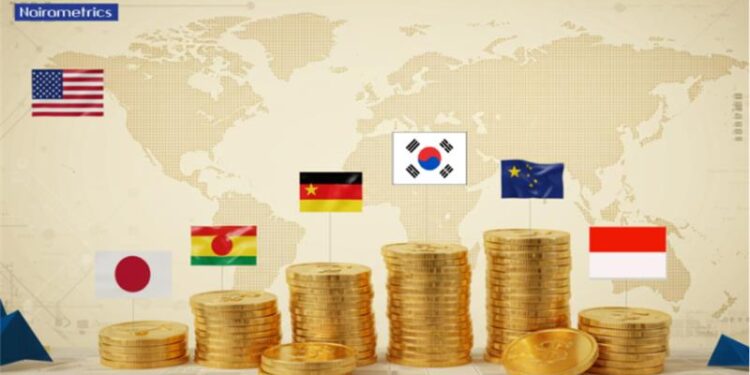Global wealth is becoming increasingly concentrated, with a handful of countries dominating household assets in 2025.
From the United States to China and Europe, the world’s richest nations are not only economic powerhouses but also home to lifestyles and infrastructure that reflect their financial strength, whether in technology hubs, advanced transport systems, or cultural landmarks.
According to Forbes, which curated its ranking from UBS’s Global Wealth Report 2025 using data from the OECD, IMF, and World Bank, the U.S. and China together control more than half of global household wealth.
This concentration highlights the widening gap between advanced economies and developing markets. For investors and policymakers, the data reveals how global financial influence is consolidating in a few regions.
This article highlights the top 20 richest nations of the world based on total household wealth.

Total Wealth (USD Billion): 3,591
Indonesia, officially the Republic of Indonesia, stretches across the sea like a constellation of over 17,000 islands, from Sumatra and Java to Sulawesi, Borneo, and parts of New Guinea. It is the world’s largest archipelagic state and the 14th-largest country by land area, covering 1,904,569 km².
With a population of nearly 286 million people as of 2025, Indonesia ranks as the fourth-most-populous country and the largest Muslim-majority nation on Earth.
Economically, Indonesia ranks 7th in GDP (PPP) with a projected $5.01 trillion in 2025, while per capita GDP sits at $17,612. The nation boasts a medium inequality Gini index of 37.9 and a high HDI of 0.728, highlighting both its growth and social development.






















